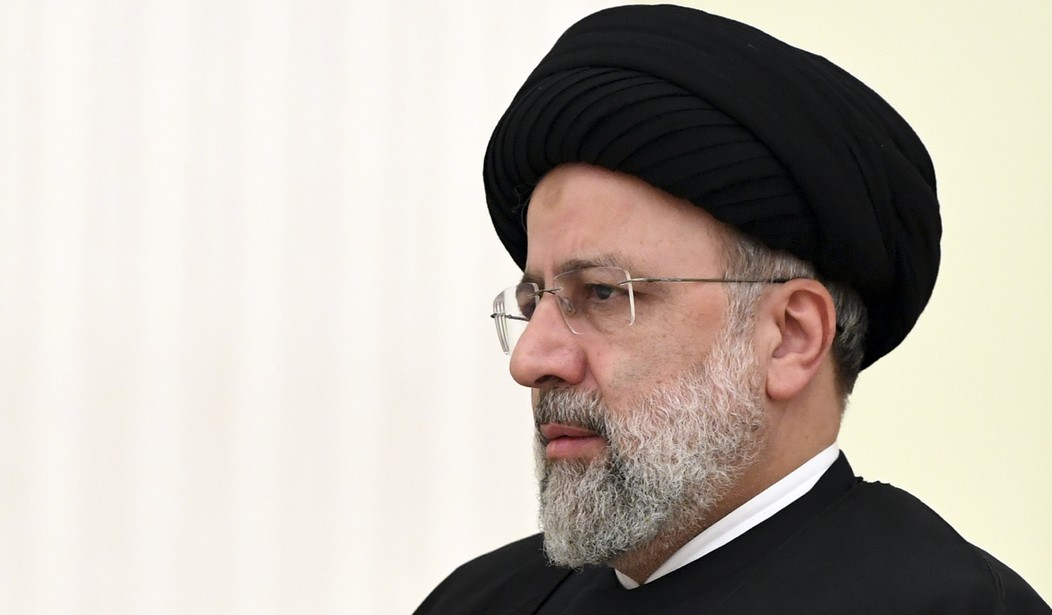Even as mass uprisings continue to weaken the Iranian regime, a segment of Western policymakers persist in their erroneous belief that the clerical regime should be engaged and appeased. Today, a growing number of former world leaders and experts are calling for a major change in that approach, one that aligns with the Iranian people's yearning for a democratic future characterized by dignified self-governance. Last month, 117 former world leaders hailing from the United States and Europe released a joint letter calling on the international community to adopt a decisive policy against the fragile clerical regime in Iran.
As familiar appeasement patterns persist, such calls have mounted. There was global outrage among such international luminaries when French authorities announced a ban on a large opposition rally on July 1. That ban was subsequently overturned by a Paris court on June 30, dealing a heavy blow to the regime and the West’s policy of placating Tehran by pressuring its opposition. The rally is organized under the auspices of the preeminent opposition movement against the theocratic rulers, the National Council of Resistance of Iran (NCRI). Tens of thousands of Iranians abroad are expected to join hundreds of international dignitaries visiting Paris to demand decisive action against the mullahs.
Tellingly, the declared ban had come just days after the release of an Iranian regime diplomat convicted of masterminding a plot to bomb the group in 2018.
The failed ban on the rally not only undermined the aspirations of the Iranian people but also undermined the very bedrock of democratic values. But perhaps more significantly, it laid bare the mullahs' inherent paranoia about the NCRI and the indispensable role played by its primary constituent, the Mujahedin-e Khalq (MEK), in galvanizing nationwide uprisings. On June 10, the regime’s President Ebrahim Raisi, weary of the MEK’s increasing role in leading uprisings, phoned the French President Emmanuel Macron. State media in Iran reported that Raisi urged Paris to restrict the MEK’s activities abroad. Subsequently the same media outlets and regime officials rejoiced when France agreed to ban the NCRI’s rally.
Recommended
Hours after the French ban announcement, Albania unleashed over 1,200 Police forces to raid the main camp of the MEK – Ashraf 3, located near Tirana – to further pressure the main organized opposition. Most likely at the behest of Tehran, this action, too, was widely condemned, particularly as it led to the death of an MEK member and over 100 injuries.
The Élysée decision to acquiesce to Tehran’s blatant diktat was an extraordinary display of foolhardy appeasement. Instead, Western governments must resolutely condemn the Iranian regime's egregious transgressions, which have now extended their insidious reach into the heart of Europe. The specter of the regime's grave human rights abuses, including the indelible scars left by the 1988 mass killings, casts a long and haunting shadow, demanding unwavering international attention. The regime's unyielding repression of dissent must not be met with complacency, which in practice fortifies the iron grip of tyranny.
Tehran’s ignominious distinction as the world leader in executions per capita reinforces the exigency with which the West must confront their brazen human rights abuses. The detention of Western citizens in Iran stands as a chilling testament to the regime's flagrant disregard for international norms and the bedrock principles of freedom. Hence, it is an undeniable imperative that the West engages in a rigorous reassessment of its approach, eschewing the treacherous fallacy of appeasing the crocodile with the futile hope that it will devour us last.
Western capitals must redirect their unwavering gaze, sharpening their focus on Tehran's vice-like stranglehold on dissent and the far-reaching implications that reverberate throughout the region and the international community. The NCRI has displayed extraordinary resilience and staying power over the past four decades. Recently, the NCRI’s Ten-Point Plan for a future Iran garnered an extraordinary degree of international support, with over 3,600 parliamentarians in 41 countries backing it. The plan, first proposed by the NCRI’s President-elect Maryam Rajavi, calls for a secular, free, and non-nuclear Iran.
Free nations cannot afford to acquiesce to the diktats of tyrants. It is imperative that democratic voices around the globe rally together, united in denouncing appeasement of the mullahs. The Iranian people, with their unyielding spirit, deserve unwavering support as they steadfastly tread the path towards a brighter future. The world should stand with them while showing determination in its defense of democratic values in an age where authoritarianism is on the march globally.
Only by resolute action and commitment to decisive policy can the West send a clear message to the ruling regime in Tehran. Iran has an alternative for its future. The Iranian people have rejected both the theocracy and the deposed monarchy. They are calling for a democratic republic. That is the best outcome the world can hope for.

























Join the conversation as a VIP Member